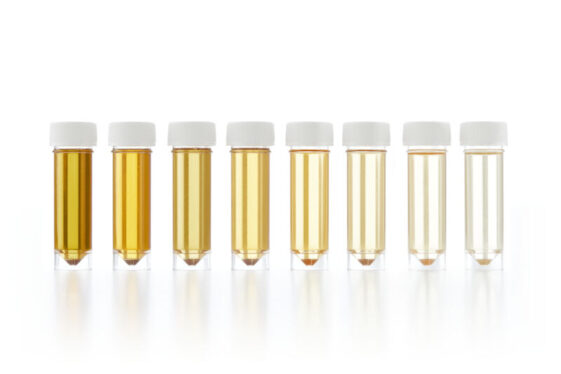
Enlarge (credit: Science Photo Library)
There are many mysteries in life that we end up shrugging off. Why is urine yellow? It just is, right? Rather than flush that 125-year-old question down the toilet, scientists sought out the answer, discovering a previously unknown microbial enzyme was to blame.
The enzyme that has eluded us for so long is now known as bilirubin reductase. It was identified by researcher and assistant professor Brantley Hall of the University of Maryland, who was part of a team based at the university and the National Institutes of Health.
Bilirubin is an orange pigment released by red blood cells after they die. Gut microbes then use bilirubin reductase to break down bilirubin into colorless urobilinogen, which degrades into yellowish urobilin, giving urine that infamous hue. While urobilin previously had an association with the color of urine, the enzyme that starts the process by producing urobilinogen was unknown until now.
Read 11 remaining paragraphs | Comments




